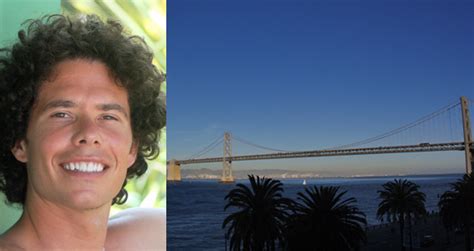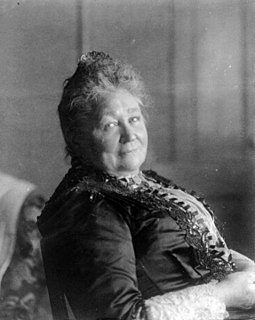A Quote by Jaimal Yogis
What is more malleable is always superior over that which is immovable. This is the principle of controlling things by going along with them, of mastery through adaptation.
Related Quotes
Natural selection is just three factors - over-production, variation, and inheritance combined to produce adaptation to changing local environments. It's not a principle or progress; it's just a principle of local adaptation. You don't make better creatures in any cosmic sense; you make creatures that are better suited to the changing climates of their local habitats.
Don’t fail through defects of temper and over-sensitiveness at moments of trial. One of the great helps to success is to be cheerful; to go to work with a full sense of life; to be determined to put hindrances out of the way; to prevail over them and to get the mastery. Above all things else, be cheerful; there is no beatitude for the despairing.
I work on two levels. I occupy my conscious mind with things to do, lines to draw, movements to organize, rhythms to invent. In fact, I keep myself occupied. But that allows other things to happen which I'm not controlling... the more I exercise my conscious mind, the more open the other things may find that they can come through.
One of the problems with industrialism is that it's based on the premise of more and more. It has to keep expanding to keep going. More and more television sets. More and more cars. More and more steel, and more and more pollution. We don't question whether we need any more or what we'll do with them. We just have to keep on making more and more if we are to keep going. Sooner or later it's going to collapse. ... Look what we have done already with the principle of more and more when it comes to nuclear weapons.
Nothing has a more sinister effect on art than the artist's desire to prove that he's good. The terrible temptation of idealism! You must achieve mastery over your idealism, over your virtue as well as over your vice, aesthetic mastery over everything that drives you to write in the first place - your outrage, your politics, your grief, your love!
There's a stronger and more kind of controversial element of Plotinus' view of matter, which is that he actually identifies it with evil, or at least the principle of evil, and the reason for this is that he thinks that the the One, the highest principle, can also be thought of as the Good, and that's kind of surprising like, because he has this negative theology which doesn't allow us to say anything about the One. But he believes that it can be seen as the principle of goodness as well as unity, and that if you think about it, goodness and unity sort of go along with each other.
I think that it drives from an emotional connection with everybody that pulls you through all of those events, whether it's the events or what would be more the action, or I guess the visual effects side of it. So it always starts with me from - emotionally - 'Why do you care about the people who are going through what they're going through?' Because it takes a hell of a lot to put them through that. So you better care for them when they're doing it.

































